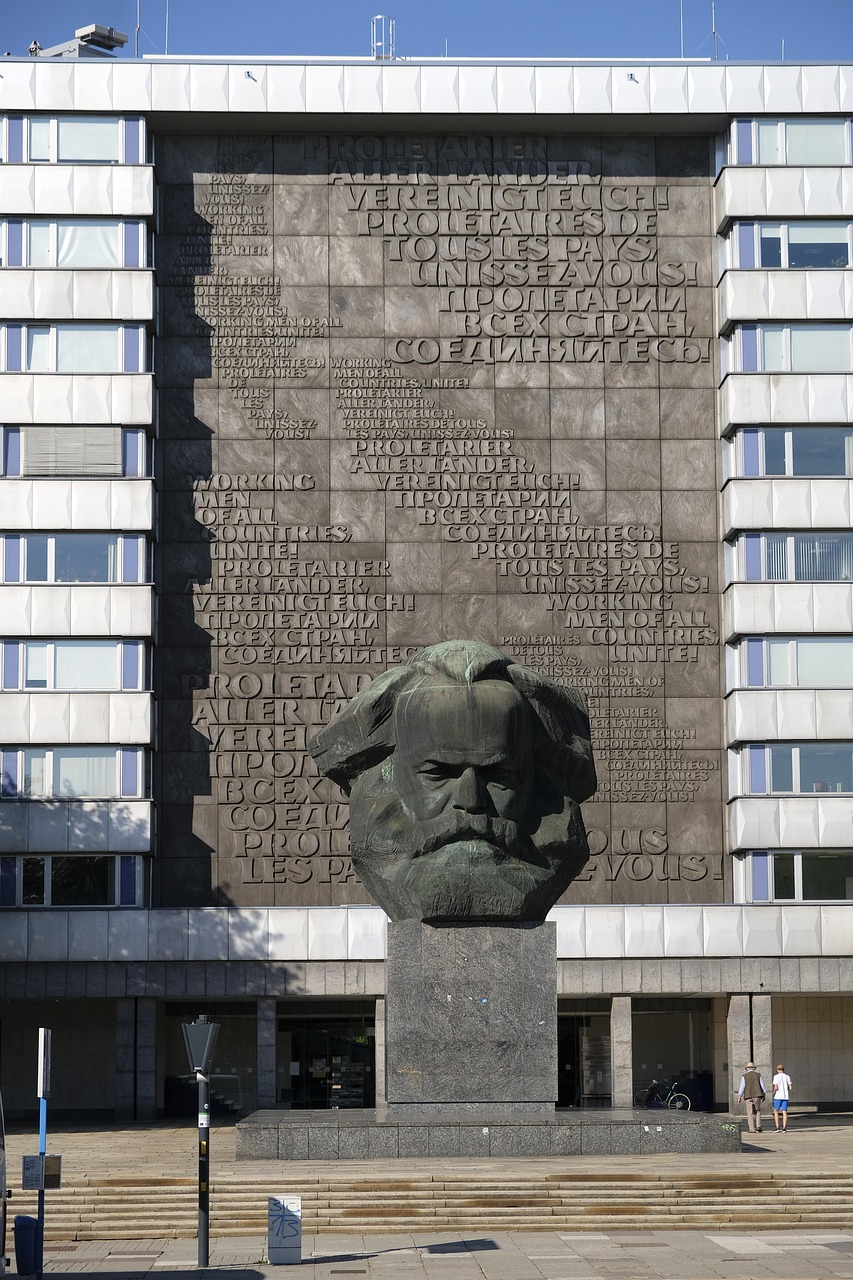This piece is the second in our Most Liberal Prime Minister series, celebrating those PM’s with a particularly liberal streak.
Benjamin Disraeli remains one of my all-time favourite British Prime Ministers, largely because his conception of freedom and liberty inspired my own. This form of liberalism recognises that it’s not always possible for individuals to be free to live the life they want.
If you are born into poverty, are you completely free to choose your future path? If you work in conditions that make you sick, are you completely free to choose good health? If it’s hard to access good housing and food, are you completely free to change that?
These questions are as relevant today as they were to Disraeli when he was leader of the Conservative Party, serving twice as Prime Minister in the 19th Century. He declared that the “first consideration of a minister should be the health of the people.” Writing this in the midst of the coronavirus pandemic, I cannot express enough the relevance of Disraeli’s approach to public health.
In one of my favourite speeches of his, which he gave in Manchester in 1872, Disraeli said, “it is impossible to overrate the importance of the subject” and quoted “sanitas sanitatum, omnia sanitas” – “health above everything”. I became a huge admirer of Disraeli’s long before I went into public health, myself.
He argued that “a land may be covered with historic trophies, with museums of science and galleries of art, with universities and with libraries; the people may be civilized and ingenious; the country may be even famous in the annals and action of the world, but…if the population every ten years decreases, and the statures of the race every ten years diminishes, the history of that country will soon be the history of the past.”
It was this emphasis he placed on social improvement and population health that led him to introduce the Public Health Act 1875, which helped establish sanitary authorities and ensured all areas provided access to clean water, sewage, refuse disposal and unadulterated food.
Disraeli often justified government’s active role in the improvement of people’s conditions and health as “permissive” legislation, which he argued was the “characteristic of a free people.” He not only believed it facilitated freedom for all, but that it would “gain and retain for the Conservatives the lasting affection of the working classes.” A mission he is best known for through the commonly used term “one nation”.
His attempts to be seen as unifying the country by appealing beyond the elite to the working classes was supremely effective. In 1879, the Scottish miner and Radical MP, Alexander Macdonald said the Conservative Party under Disraeli had “done more for the working classes in five years than the Liberals have in fifty”.
Much of these ideas were set out in Disraeli’s 1845 novel Sybil, or The Two Nations, which was published the same year as Fredrich Engels’ The Condition of the Working Class in England of 1844. The most famous passage being his description of the social, emotional, intellectual and experiential disconnectedness between the “two nations”, i.e. the rich and the poor.
Disraeli’s commitment to improving the conditions and health of people so everyone, regardless of their background could live in harmony and health, is just one of the reasons he makes it to the top of my favourite liberal Prime Ministers list.
The other major reason is he was obviously so much fun! He was a strong believer in politics not having to be all doom and gloom. His personality radiates through his letters, writings and speeches. He was a massive gossip, loved the glitz and the glamour and flattered people like no other.
He also absolutely adored women. He even advised in his book Contarini Fleming, “Talk to women, talk to women as much as you can. This is the best school…They, too, will rally you on many points…Nothing is of so much importance and of so much use to a young man entering life as to be well criticised by women.”
Benjamin “Dizzy” Disraeli – the champion of liberty and health, who famously compared his arduous assent in politics to climbing a “greasy pole” – is my favourite liberal British Prime Minister.















